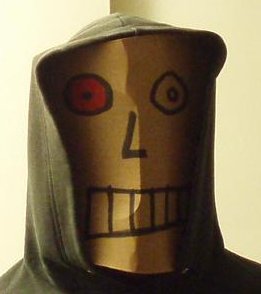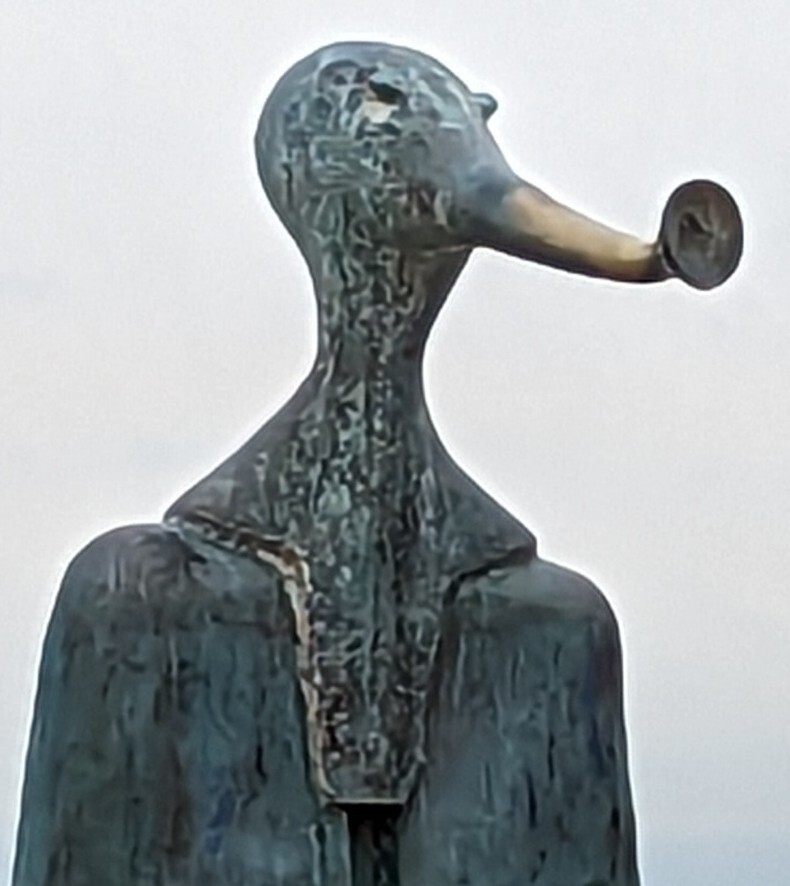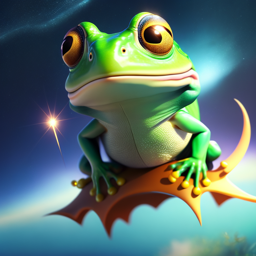I really love sci-fi novels and I read a lot of books. I read 2312 by Kim Stanley Robinson a while back and that book is particularly interesting to me. Rather than each chapter advancing the narrative of the story, there were occasional breaks where a chapter would have a list of semi-random words which just gave the vibe of what’s happening, or some history of a scene, or a recipe for how to build an asteroid.
There’s another book that I have heard of but neglected to write the name down, where the reader of the book is a character within the book, and the narrator speaks directly to you (but not a choose-your-adventure style book).
All of this got me interested in finding other books, preferably sci-fi or maybe fantasy, where the concept of being a book is played with and new ideas are tried. Any recommendations?
House of Leaves by Mark Z. Danielewski fits that model really well.
I immediately thought of House of Leaves. Do not read it as an ebook, if there even is an ebook version. It must be read as a physical book.
It gave me actual nightmares about houses. Such a high quality book!
Great call, you have to be careful that you get the color version!
I lost my original copy and when I replaced it, there was no more color. Had to return that one to find one with color. I think it adds so much.
Agreed! House of Leaves is a must read. Get the physical book, it won’t work with an Ereader. I got the softcover edtion and it was totally worth it. If I ever sell my house I am going to rough up my copy real good and hide it somewhere for the new owners to find.
Fun fact, his sister is the singer Poe
deleted by creator
Player of Games is told in reverse, it works really well. Book of the New Sun is an Ouroborus, so you don’t really understand it until you read it twice.
Edit: I mean “Use of Weapons” not Player of Games.
Use of Weapons is among my absolute favorite books. What an absolutely incredible journey
Redshirts by John Scalzi. A book about people who realize they’re characters in a badly-written TV show. Near the end, though, the main character starts to realize he’s the main character in a book about people who are characters in a TV show. Very surreal.
A lot of Douglas Coupland novels play with the form. Microserfs has a similar thing to 2312, except it is one of the characters random txt files on their desktop that lists words in a David Foster Wallace way.
Wallace also plays with the form of the book, particularly with end notes in Infinite Jest.
House of Leaves by Mark Z. Danielewski plays with the physical form of the book by rending two stories in parallel and playing all manner of interesting typesetting tricks.
Then there’s Tristan Shandy by Laurence Sterne and published in 1759. It’s argued that it is the first post-modern novel. The “author” is attempting to tell you the story of his life, but never really gets there because of endless digression.
You should check this page out: https://en.m.wikipedia.org/wiki/The_Life_and_Opinions_of_Tristram_Shandy,_Gentleman
Ilium/Olympos by Dan Simmons has a very interesting theory about reality and fiction, and what ties them together. Unfortunately, it’s tied to a very late plot point that I would hate to spoil on a Lemmy comment.
Not sci-fi, but The Princess Bride.
This was awesome, it had me so confused when the author described the legal problems they were having.
You mean If on a Winter’s Night a Traveler by Italo Calvino? Still do check it out
yea this definitely fits the description. brief summary: chapters alternate between the first chapters of different novels, and the main character (addressed as “you”) trying to track down the different novels whose chapters youve just read which are cut off for various reasons. it is great, relatively short (i think 250-ish pages in my copy), and if you dont mind the wild stylistic jumps between chapters its pretty delightful.
What a weird fucking book! It’s not the exact one I was looking for (I believe in my novel, one of the characters in the book begged the reader not to finish the book, because then the character would die).
Thanks so much for the recommendation though, it’s definitely the sort of weird I was looking for. I found it a bit hard to get through - I think it being a translation made some parts a bit stilted and a bit unrelatable for me - but I still read it over only a couple of days. I felt at chapter 8 where we read a Certain Character’s diary that the book was coming together and starting to make sense for me.
glad you liked it in the end. I still have to read it, never went past the first couple of chapters myself :)
Self-Reference ENGINE by Toh EnJoe definitely fits this description.
In the middle it feels like nonsensical chaos, by the end it all folds back in on itself.
What a great question. I have added S and House of Leaves to my to-read list.
Of course Flowers for Algernon by Daniel Keyes cannot be overlooked in terms of experimental writing.
There is a novel that will eternally be on my mind to wonder if it was drivel or I was not smart enough for it - The Troika by Stepan Chapman. It has some of the greatest imagination ever and you will probably not understand what is going on at all. Just find the description and decide if it’s nonsense or worth it.
Adding to this to say you MUST get it in physical form. DO NOT read it on an e-reader. There are important reasons for this.
Not sci-fi but The Princess Bride is also a story-within-a-story.
Not sci-fi, but Mister B Gone by Clive Barker was really good. The book is a conversation with a demon who is telling you his life story. It is the story of how he came to be trapped in the book you are reading.
I thought the book was super funny and surreal. I saw reviews after finishing that it is considered some of his worst work. That might be true, but the worst 24 carat bar of gold is still a 24 carat bar of gold. Well worth the read imo.
Great suggestion. I had this book sitting by my computer when I was waiting on the computer to finish processing something. Idly picked it up and started reading, then just read the whole book in one sitting. I liked it a lot :)
Thursday Next series by Jasper FForde. Very meta, humorous.
Love his Thursday Next books to bits!
I just started reading Jasper FForde. I’ve enjoyed everything I’ve seen so far.
“Building Stories” by Chris Ware. Not a book, but a deconstructed graphic novel that comes in a box full of different formats and sizes - from a newspaper to a tiny bubblegum sized strip. You read them in any order you please, learning stories of people who live in the same building, while also building your own path through the stories.
It’s one of my most prized pieces of literature.
The Knife of Never Letting Go has a couple cool sections with fonts where as the action is rising you start turning pages faster.










